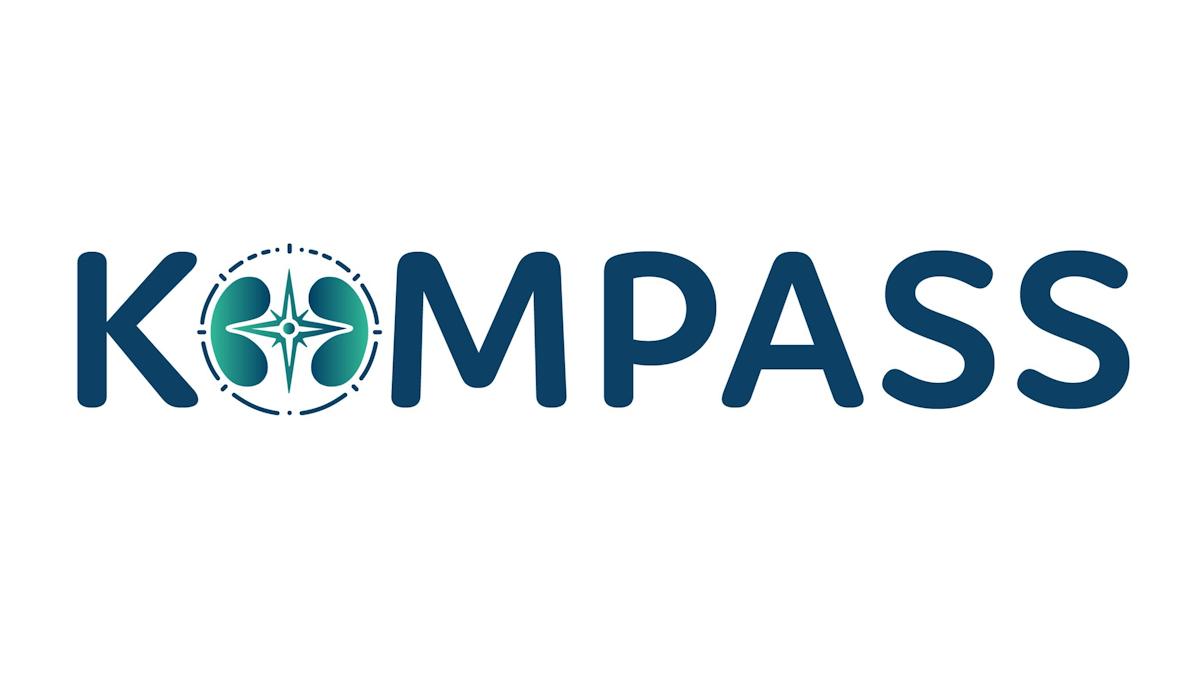Digital health investors getting choosier as sector matures

Despite the well-documented retreat from record levels of funding for digital health ventures during the pandemic, the sector remains resilient with regulatory filings and partnering activity well up in 2022 on the previous year.
All told, financing fell 41% to almost $33 billion last year from its 2021 peak of nearly $56 billion, according to a new report from Galen Growth and FINN Partners, but behind that top-line figure is a larger body of backers with less extravagance and higher expectations for proof points and a return on their investment.
The prevailing trend – that looks set to continue into 2023 and beyond – is the direction of a smaller pot of money towards digital health ventures that can offer "clinical strength"; in other words, those that can demonstrate an evidence-based approach drawing on clinical trials, regulatory filings, and/or peer-reviewed publications.
Last year, digital health ventures registered a total of 575 regulatory filings around the world, with the medical diagnostics cluster – diagnostic tools, medical imaging, and omics-related analyses – leading the charge with 12% of the total.
It also scored highest for clinical evidence, and that was reflected in its 17% share of the funding pot, valued at $5.4 billion and the highest across all clusters, headlined by a $290 million Series D for early cancer detection company Freenome.
The research solutions cluster came second, with 15% of the total (just over $5 billion) – marked by a $300 million third round for Chinese bioinformatics firm Enzymaster – with patient solutions at 11% ($3.6 billion) led by a $300 million Series E for connected kidney care specialist Somatus.
It has been apparent for some time that M&A activity and public listings also fell in 2022, and the trend towards consolidation continued in the fourth quarter, according to the report (registration required). Digital health ventures accounted for nearly two-thirds (62%) of all acquisitions, with mergers driven by a slowdown in venture funding.
The public listing market slumped to nine initial public offerings (IPOs) and five special purpose acquisition company (SPAC) deals in 2022, but partnering remained buoyant, with more than 2,900 deals signed.
Roche tops biopharma partnering podium
One in five partnerships were with healthcare systems and providers, which are being "driven by a need for greater productivity and are demanding end to-end solutions that don't require a patchwork of software solutions or apps for a single patient or physician," says the report.
Biopharma companies ramped up their partnering with digital health ventures, however, with Roche top of the table with 119 alliances in place after adding eight new deals in 2022. It is closely followed by AstraZeneca – which added 17 last year to reach 118 in total – and Novartis, which took its total to 109 with 11 fresh collaborations.
The number of partnerships is increasing year-on-year, due to pressured margins of healthcare companies and a drive to improve productivity, according to Galen and FINN.
"Biopharma has the opportunity to accelerate innovation through partnering with digital health ventures in research solutions and clinical trials in order to fill in the gaps of missing capabilities to boost their pipeline."













